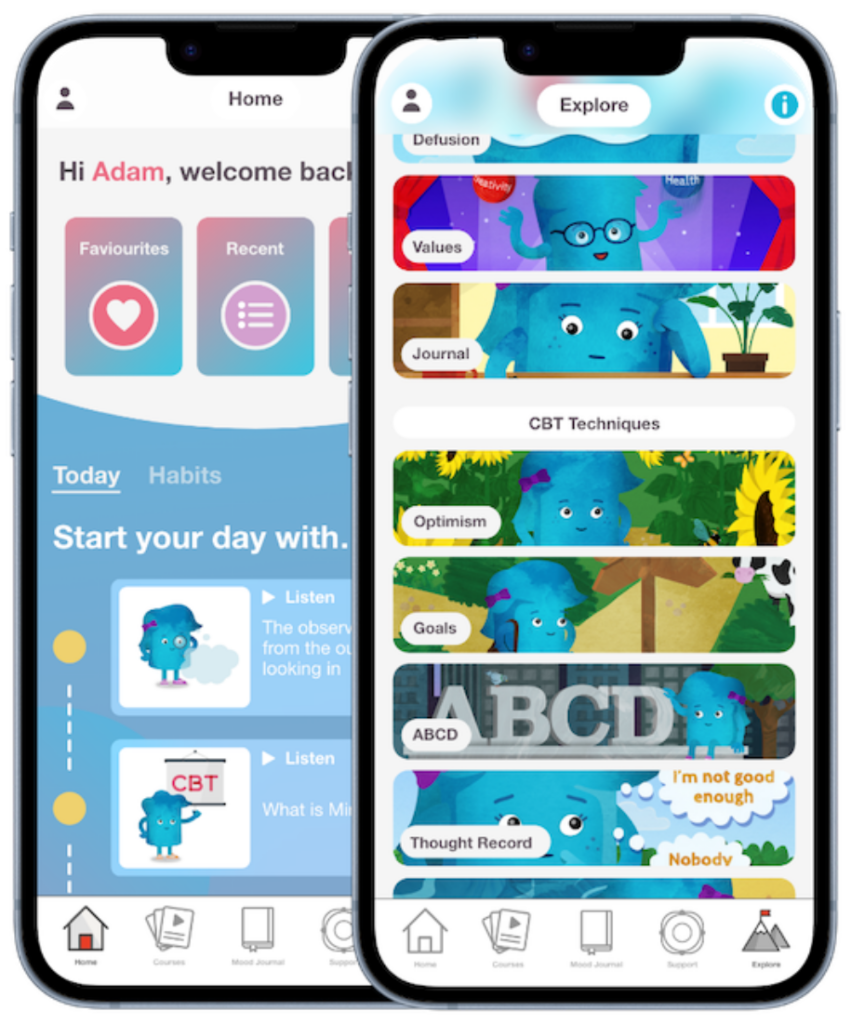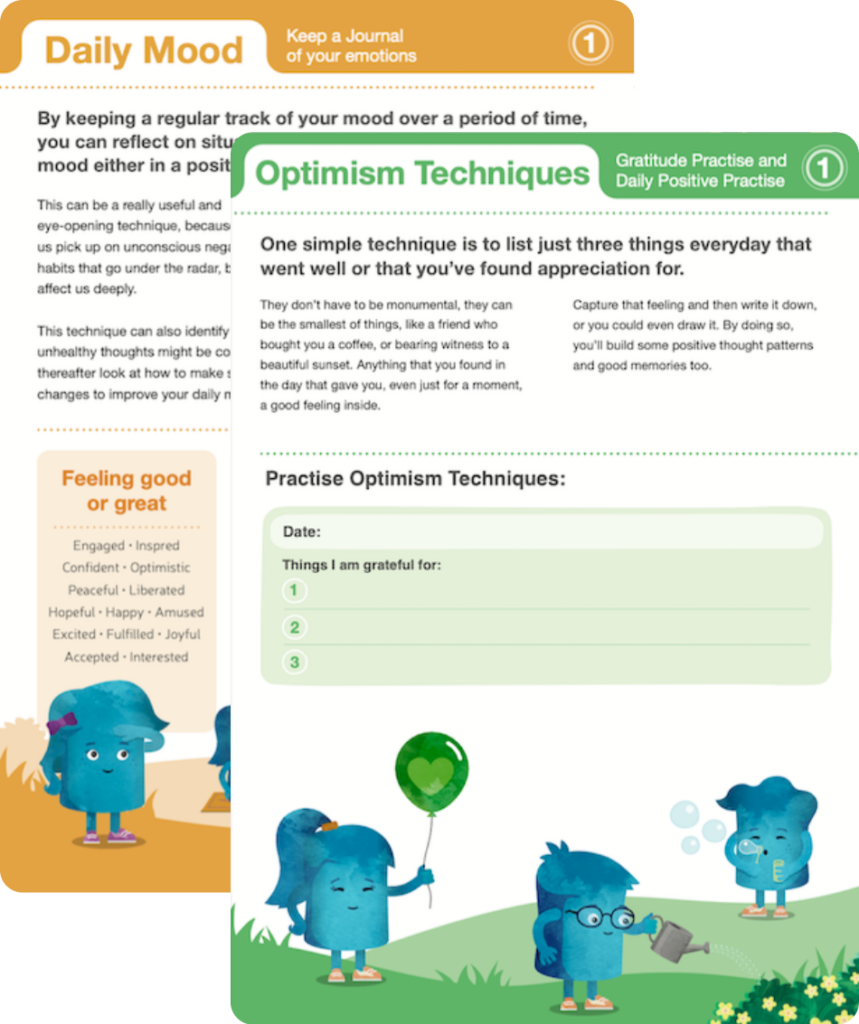In answering the first part to the question, ‘what is loneliness?’, you might be thinking that’s an obvious question to answer. Surely loneliness is about being alone with no one to talk to? But it’s not quite as simple as that as many people can experience loneliness differently.
You’ll have your own very personal experience of it where your life, your experiences and memories and yes, perhaps issues that you just cannot control (the loss or bereavement of someone close to you for instance), mean your life has shrunk and suddenly you are face to face with just yourself.
The fact that some people are ok with a more solitary life is of no comfort…..and why would it be? You either feel lonely or you don’t.
And even if you do have people around you to talk to like your family, friends or a partner you can still experience loneliness, so what gives?
Well, the important factor is whether or not those people that you know in your life you feel connected to on a deeper level so you can you talk about stuff that really matters, feel a sense of companionship and empathy with those you know. If we can’t, then we may end up feeling lonely. So it’s the quality of our relationships that matter.
But besides not feeling like you have companionship with people you know, there are other factors that contribute to the feeling of loneliness and one of those factors is about choice and another is whether you struggle with poor mental health at the best of times.
If we choose to be alone then it’s not going to be a problem because we’re quite happy with it, but as soon as that choice is taken away from us, those periods of aloneness can be incredibly difficult. Similarly, if we struggle with anxiety and low self esteem, advice about getting out and meeting others is not something that can easily be done.
The stigma we feel, as if society is somehow judging us, is painful and can very easily drift into a mindset of blaming ourselves for our situation. so if we’re spending a lot of time alone and feeling lonely, it can feel as if this is a permanent situation. Time slows down for us , there is less to focus on and less reason to do so anyway and we are left with our thoughts. From there it is a small step to feeling depressed and low in mood. It is a lack of connection that we can feel so keenly.
A very specific feeling, that’s wrapped up in a desire for companionship that’s not being fulfilled, even if you’ve got many people around you it’s a contradictory and difficult place to exist in. So, crucially then, how we experience and cope with loneliness is therefore critical for us and our mental wellbeing.
Of course if there was no stigma and social pressure to be outgoing and sociable, then we might not experience loneliness to the same degree, but then again we’re all different and this factor might have no bearing on your feelings of loneliness.
So what can we do about it? How do we cope when day to day we’re feeling lonely?
Well the first thing I’d recommend is to get a sense of why you might be feeling lonely. Has it been a lifelong thing for you or is it something new? What used to be there that’s now missing? By thinking over the issue, we can take a deeper look at the causes and then we can start to put together an action plan.
The following four actions to take are reported by many who feel lonely as the best methods for overcoming it. Some of them might seem a bit obvious, but they are good options nonetheless.
Before you read further though, remember……feeling only is about situation, circumstance and perception. It is not about blame or stigma or failure.
- Find distracting activities or dedicate time to work, study or hobbies
Now one thing to realise about loneliness is that it’s not going to last forever and when it comes back you can overcome it a lot quicker, so distraction in the meantime is not a bad strategy.
There are things you will enjoy: It could be something on TV or perhaps a game. Maybe settle down with a book or some music. Yes, it is just you but be kind to yourself. - Join a social club or take up new social activities
A really good option because not only does it mean you can get involved with something you enjoy, but you’ll also be able to meet with people who have a similar interest. Sometimes we worry about what to say to someone for the first time, so having a common interest is a definite conversation starter.
There are “low key” groups. Friendship groups, walking groups and there may be some charities you could involve yourself with like some voluntary work for instance. Give something of yourself and begin to connect again.
Don’t get trapped with social media, but do note that there are some helpful organisations you can look for and link up with. - Change your thinking to make it more positive
This is all about being more positive about who you are, but it is a challenging one. One thing I would say is that the most important relationship, is not the one with your family, partner or friends, but the relationship you have with yourself. The better you feel about who you are, the less lonely in your own company you’ll feel. Definitely check out some of the other Mindamigo blogs and podcasts that are available. - Talk to friends or family about your feelings
This way the issue is not just in your head anymore and you can get things off your chest. It can also be a really positive way to connect more with family and friends as when we open up about things, other people are more likely to do so.
If you have lost someone, please do talk to someone. There are organisations that offer help. Tap into them. Don’t let whatever has happened, define you.
I hope you have taken some heart from this blog, but if there’s one thing to take away as reassurance, it’s that this feeling is only temporary. It will pass, but before it does, come up with an action plan for meeting people. Might mean taking a step out of your comfort zone, but have faith and confidence in yourself. Many are in the same boat.






